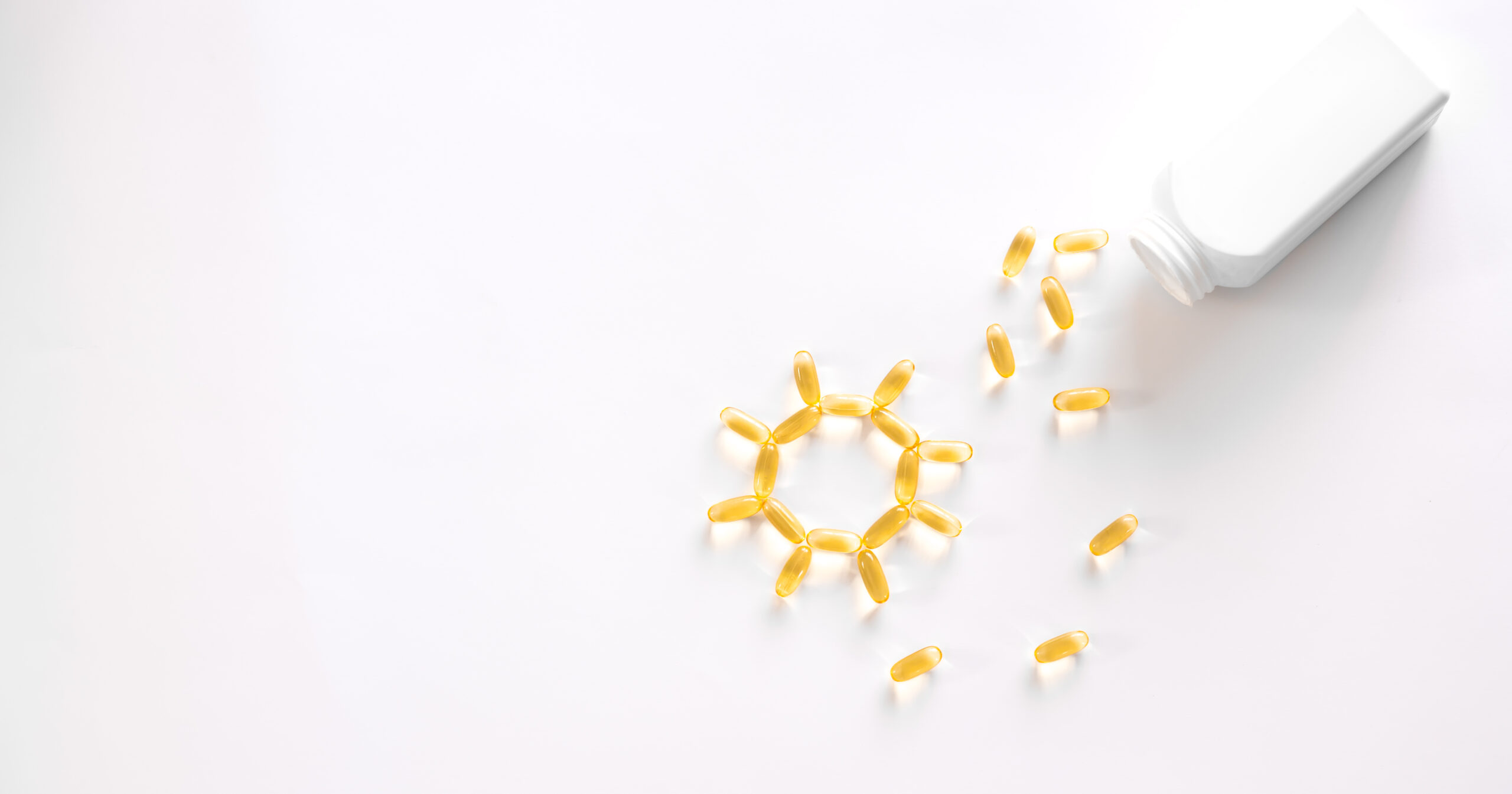How to Increase Vitamin D Absorption this Winter

By Dr. Irina Chan, Naturopathic Doctor
Winter can make it challenging to get enough vitamin D due to shorter days and limited sunlight exposure. As a Naturopathic Doctor, I often see patients struggling with vitamin D deficiency during this time of year. Known as the “sunshine vitamin,” vitamin D is essential for bone health, immune function, and mood balance. Here’s how you can naturally boost your vitamin D levels and decide whether supplementation is right for you.
Why is Vitamin D Important?
Vitamin D is crucial for:
- Strengthening bones by aiding calcium absorption
- Supporting immune system function to help fight off seasonal illnesses
- Regulating mood and reducing the risk of Seasonal Affective Disorder (SAD)
- Protecting against diseases: Research suggests vitamin D may lower the risk of certain conditions, including:
– Heart disease
– Type 2 diabetes
– Autoimmune diseases like multiple sclerosis
– Certain cancers, such as colon and breast cancer
Maintaining optimal vitamin D levels is essential not only for daily wellness but also for long-term disease prevention.
How to Naturally Boost Vitamin D Absorption This Winter
As a naturopathic doctor, I recommend these strategies to my patients:
- Get Outside on Sunny Days
Even in winter, try to get outside during midday when the sun is strongest. Expose your hands and face for 10-30 minutes a few times a week, depending on your skin tone and sensitivity to sunlight. - Eat Vitamin D-Rich Foods
Incorporate these foods into your diet for a natural vitamin D boost:
– Fatty fish like salmon, mackerel, and sardines
– Egg yolks
– Fortified foods such as plant-based milk, cow’s milk, orange juice, and cereals
– Mushrooms exposed to sunlight (look for UV-treated options in grocery stores) - Add Magnesium-Rich Foods
Magnesium is a vital nutrient that activates vitamin D so your body can use it effectively. Include magnesium-rich foods such as:
– Leafy greens (spinach, Swiss chard)
– Nuts and seeds (almonds, cashews, pumpkin seeds)
– Whole grains (quinoa, brown rice)
– Avocado and bananas - Pair Vitamin D with Healthy Fats
Because vitamin D is fat-soluble, it absorbs better when consumed with fats. Add olive oil to roasted vegetables, eat avocado toast, or snack on nuts to enhance absorption. - Support Gut Health for Better Absorption
A healthy digestive system supports nutrient absorption, including vitamin D. Add probiotic-rich foods like yogurt, kimchi, or sauerkraut to your meals, and ensure you’re eating fiber-rich fruits and vegetables.
When to Consider Vitamin D Supplementation
During winter, supplementation is often necessary to maintain healthy levels. You may need a supplement if:
- You have darker skin, as melanin reduces vitamin D production
- You spend most of your time indoors
- You wear sunscreen or heavy layers that block UV rays
- You have a health condition that affects vitamin D metabolism, like obesity or autoimmune conditions
How to Choose the Right Vitamin D Supplement
As a Naturopathic Doctor, here’s what I recommend when choosing a supplement:
Type of Vitamin D: Go for vitamin D3 (cholecalciferol), which is more effective than D2.
Form: Choose an oil-based softgel or liquid, as vitamin D is fat-soluble and absorbs better in this form.
Dosage: Consult a healthcare provider for a personalized dosage based on your blood levels, as excessive intake can lead to toxicity.
References:
https://pubmed.ncbi.nlm.nih.gov/23377209/
https://pubmed.ncbi.nlm.nih.gov/20164683/
https://pubmed.ncbi.nlm.nih.gov/20164683/
https://pubmed.ncbi.nlm.nih.gov/24119980/
https://pubmed.ncbi.nlm.nih.gov/31405892/
https://pubmed.ncbi.nlm.nih.gov/37111028/
